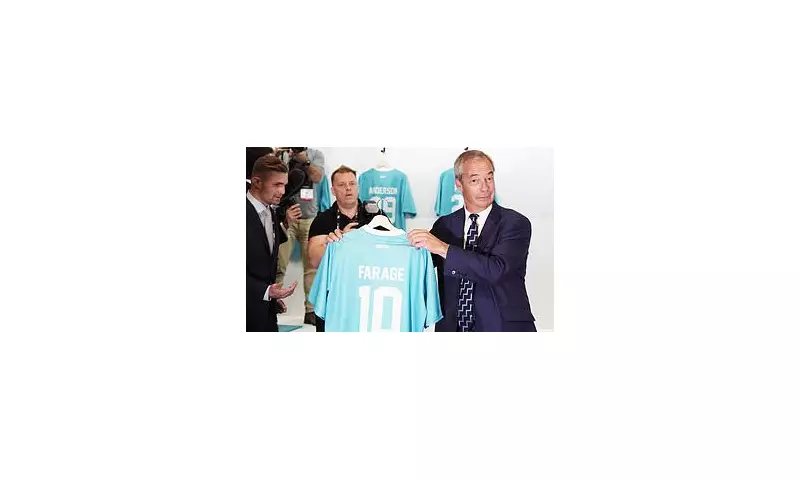
In a startling reversal that has taken political commentators by surprise, Nigel Farage's Reform UK has abruptly abandoned its commitment to establish new grammar schools across Britain. The policy, which featured prominently in their election manifesto, has been quietly shelved just days after the party's significant electoral breakthrough.
The Sudden Policy Reversal
The dramatic U-turn emerged when a Reform UK spokesman confirmed the party would no longer pursue the creation of new selective schools. This represents a complete departure from their previous stance, which promised to "allow existing grammars to expand and encourage the creation of new grammars where there is demand."
The spokesman stated: "We are not going to be building new grammar schools. We are focused on the 5,000 we've got and improving them." This abrupt shift suggests a significant recalibration of the party's education strategy as it adapts to its new role as a substantial parliamentary force.
Election Promises Versus Political Reality
During the heated election campaign, Reform UK positioned grammar school expansion as a cornerstone of its education policy. The manifesto clearly advocated for selective education, promising parents greater choice and opportunities for academic excellence.
However, the practical challenges of implementing such a policy appear to have prompted this rethink. The spokesman added: "We want to concentrate on what we've got and make them better. We want to improve the education for everybody." This pragmatic approach suggests a party moving from protest politics to practical policymaking.
The Blue Shirt Controversy
Adding to the day's drama, Mr. Farage found himself at the centre of a separate controversy regarding his campaign attire. The Reform leader was photographed wearing a distinctive blue shirt during polling day activities, despite previously criticising the Conservative Party's use of the same colour.
When questioned about this apparent contradiction, Mr. Farage offered a characteristically blunt response: "It's a shirt. I've got it on. I'm not going to talk about it." The incident provided additional fodder for critics who accuse the party of inconsistency in its messaging and symbolism.
Strategic Repositioning or Tactical Retreat?
Political analysts are interpreting the grammar school U-turn as part of Reform UK's broader transition from a protest movement to a serious political party. With five MPs now in Parliament and significant voter support, the party appears to be moderating some of its more radical proposals to appeal to a broader electorate.
This shift mirrors similar movements by other insurgent parties that have faced the challenge of translating campaign rhetoric into feasible government policy. The abandonment of new grammar schools may indicate a recognition of the practical and political difficulties associated with selective education expansion.
Looking Forward
As Reform UK establishes itself in Westminster, further policy evolutions seem likely. The grammar school reversal demonstrates the party's willingness to adapt its positions rapidly in response to political realities. This flexibility may prove crucial as they seek to consolidate their gains and build toward future electoral success.
The education sector and political opponents will be watching closely to see which other manifesto commitments might undergo similar transformations as Reform UK continues to define its identity beyond the campaign trail.





